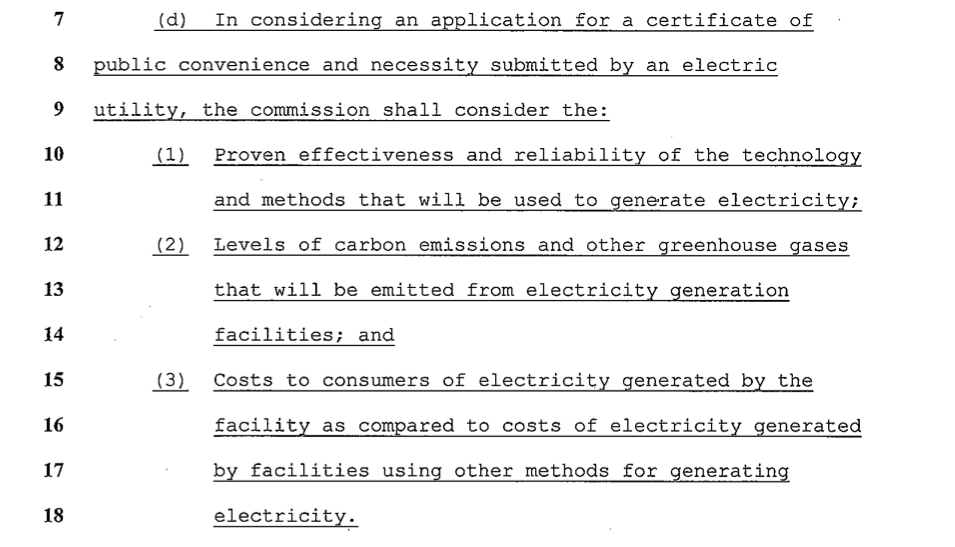There’s some news around here.
With our new governor Neil Abercrombie having just tapped Senator Russell Kokubun for his new cabinet, that state senate seat is available – and Richard is putting his name in for it.
“It’s an appointed position, so I won’t have to shake hands and kiss babies,” says Richard.
Joking aside, though, he is serious about it. We had a conversation about it, and I share it here:
Leslie: How does this work? What is the process?
Richard: The Democratic party will send up three names from Senator Kokubun’s district for the governor’s consideration. If I’m lucky, I make one of those three. The governor makes the appointment.
There will be a bunch of folks applying, so we’ll just see how it turns out. I’ve thought about it and I’ve talked to June and the rest of the family, and for all of us this feels like something we can do.
Leslie: It’s interesting that you say something “we” can do.
Richard: You know, we work as a family, and as a team. Everyone needs to feel comfortable, like they could do their part at the farm if I’m not there as often. Do I need to be there? Do they feel okay about it? We have to do this as a family. Everybody stepped up and said, “We can do it, we can handle.” I’m really grateful to June and the rest of the family.
Leslie: What sort of feedback are you getting?
Richard: It’s kind of surprising how much support I’ve received, from so many people. It’s overwhelming, actually. It’s humbling.
Leslie: How did you decide to do this?
Richard: Really, it’s my workers. They want more for their family, and their kids. More than being a banana farmer, and I can understand that. I empathize with that. Everybody wants better for their family.
You know, the world is changing because of this oil thing. It’s so clear to me. It’s much more serious than most of us know. So this is a real important time. If it wasn’t this particular time in history, I wouldn’t do it. It’s not about being a politician.
It’s so very important we cope in the best possible way. And I can tell you about this as it applies to Hawaiian culture. A lot of the dissatisfaction in modern Hawaiian history has to do with the culture giving giving giving and the economy taking taking taking. At some point, people start to say, Enough is enough.
We’re at the point in history that if we make the right decision – in terms of getting away from oil and using our geothermal resource – the economy can give give give and the culture can receive receive receive.
We really don’t have much time to accomplish what we need to accomplish. That’s what is driving me to go and shape policy.
We can guide policy to take us to a place where we can achieve these goals. It is pretty clear what we’ve got to do. Not that it’s easy, but we have to do it. And what is really exciting is that there’s a possibility of accomplishing this for our future generations.
I’m not stressed about not knowing everything. I’m a quick learner. There’s no doubt in my mind that I can learn all the stuff I need to learn, fast. I’m supremely confident. I guess it has to do with, Am I willing to do it? I am.
Leslie: What else are you thinking about?
Richard: One of the most important things about being a senator is being on O‘ahu and being able to educate people on the stuff I know about it. It can influence policy, if people know the issues. I know farming, and I know energy.
It would be kind of novel to have an actual farmer there, I believe. If I think about the whole Senate and House, I don’t know of a true farmer there. I would be a real farmer talking about food security. I think that’s kind of important.
If we plan to plant stuff, to make liquid energy, well, I know the farming end of it. There aren’t very many times that the farmer has an opportunity to say what the considerations are from the farming side. For example, what is the consequence of planting thousands of acres to make biofuels? How much water, what kind of land, what about rain and muddiness and steep slopes? – the really practical things that farmers know about.
Leslie: So, farming, energy….
Richard: It’s clear to me what my focus would be. I would love to be on a committee that has to do with ag, water, Hawaiian affairs or energy. Other things I can learn, but those things I know about. I definitely know about those.
One ability I have is to break down complex subjects into their simple components. That’s what I do naturally. That’s what I like to do, and it’s what I do.
And beyond that, this is not rocket science we’re talking about. We’re talking about things that happen to people. The final effect of everything you do is asking yourself what is going to happen to real people. Are we getting so complex that we get lost in the doing and we forget what actually happens on the ground? For me, it’s not very complex.

